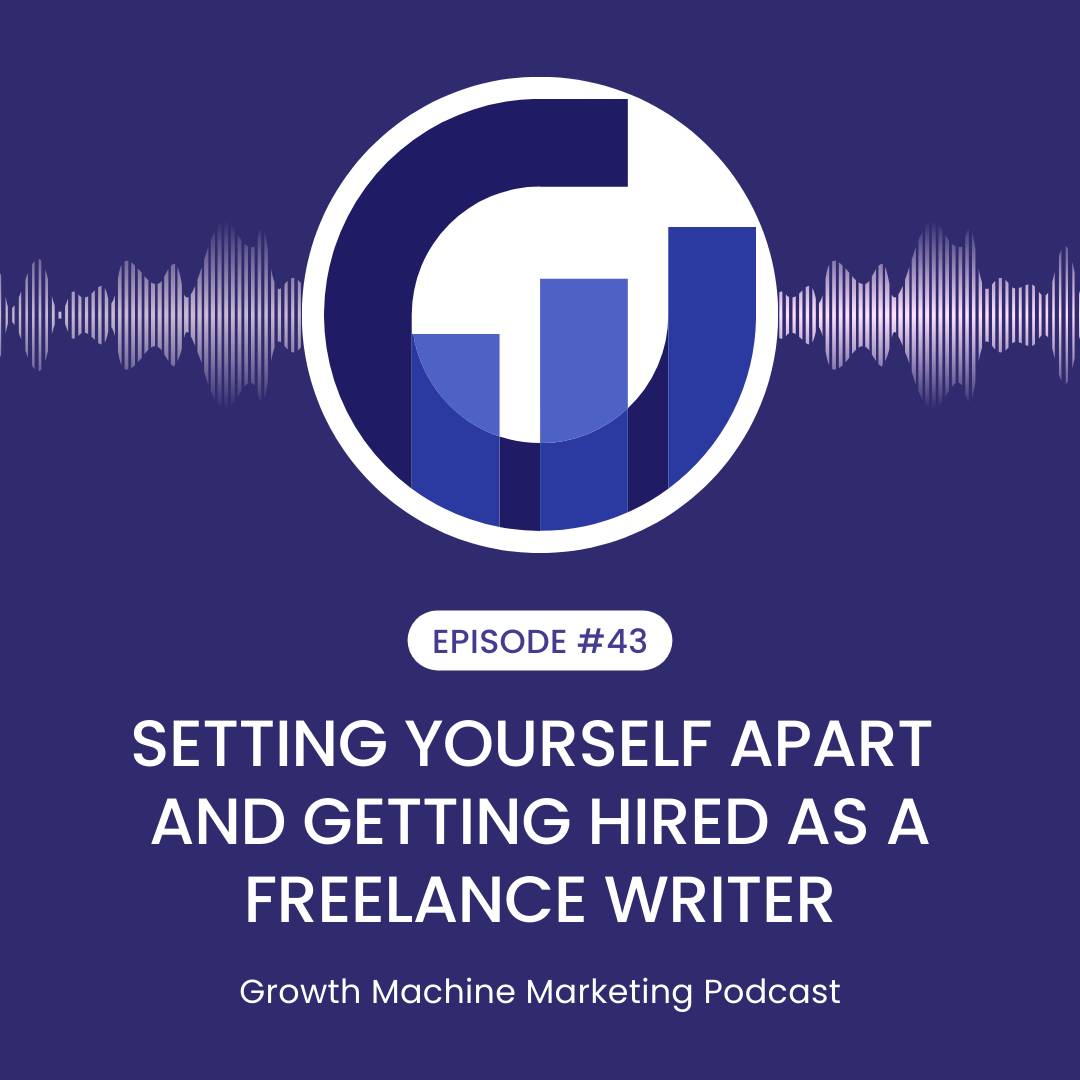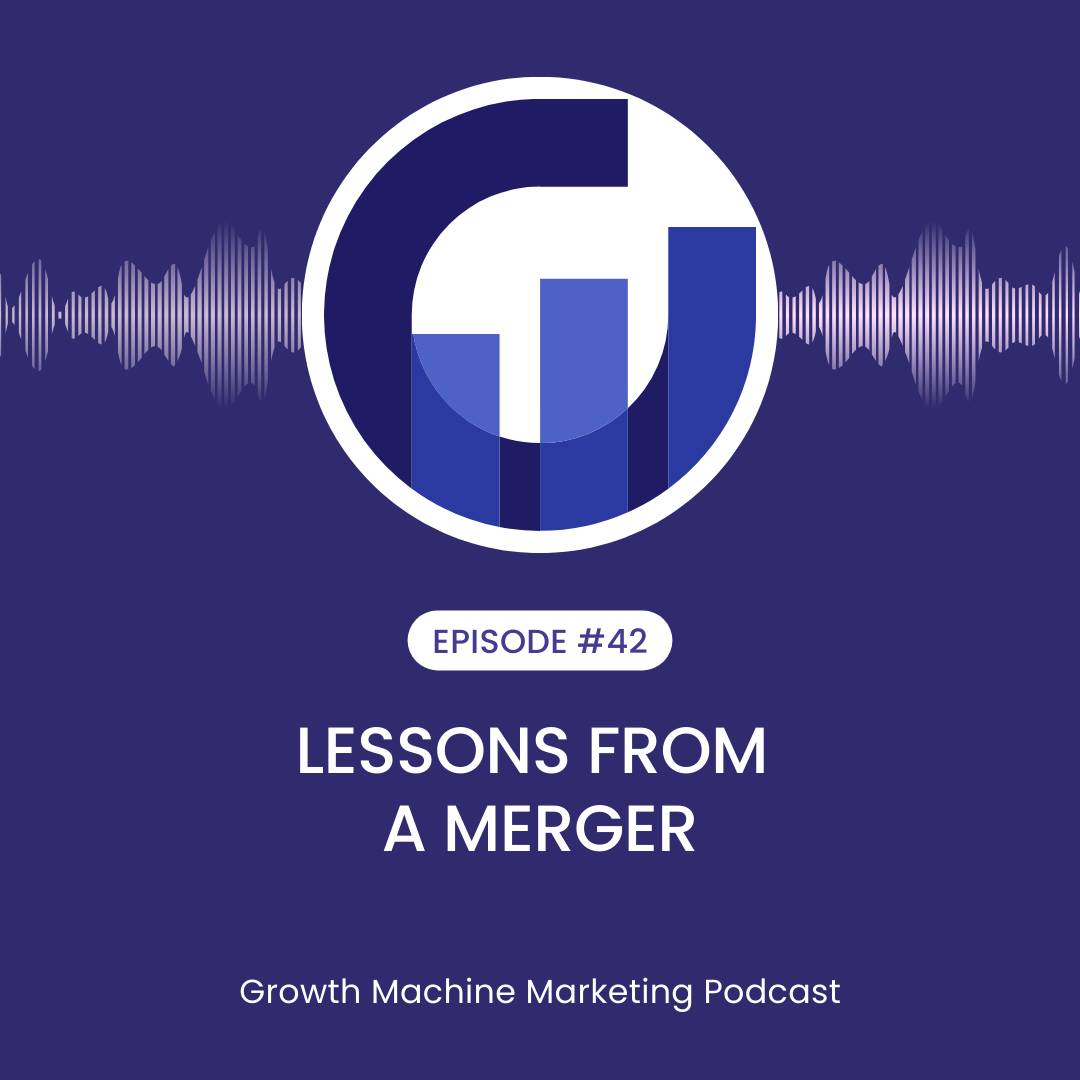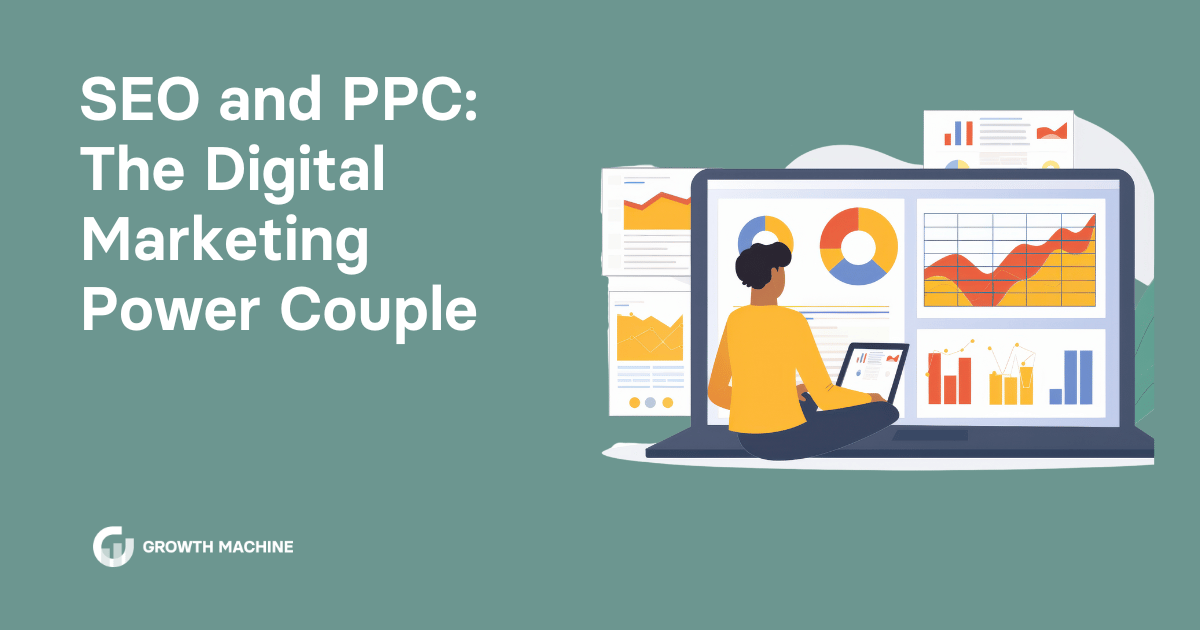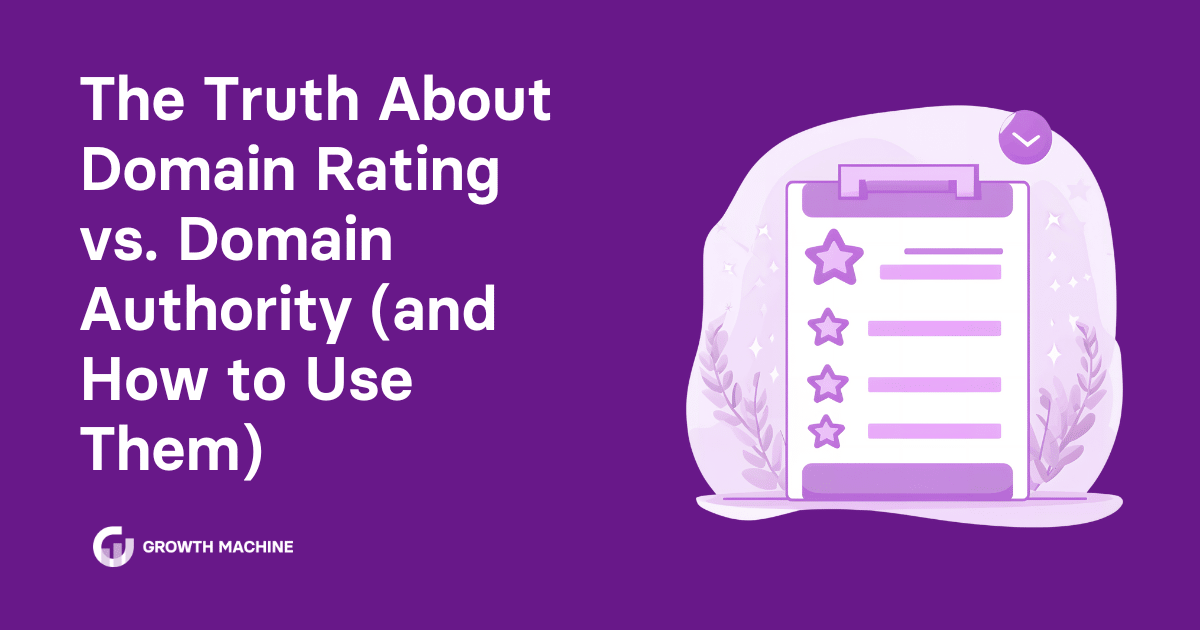Hey Reader,
Search and marketing are shifting fast, and this week, we’re diving into three major trends that could reshape your strategy.
Google is still the dominant search engine, but new data shows alternative platforms like ChatGPT and Perplexity are gaining ground.
At the same time, interactive content is proving to be a powerful way to stand out in AI-driven search results.
And if you’re relying too heavily on paid ads? It might be time to rethink your marketing mix.
Let’s dive in!
What's The Buzz?
Relying too much on paid ads? You might be stunting long-term growth. A LinkedIn post by Kevin Indig highlights why the healthiest marketing strategies balance paid, organic, and direct/referral traffic. A McKinsey study backs this up—companies with a diversified marketing mix grow 150% faster.
A strong framework? Earned, owned, and paid media. Use paid and earned channels to drive traffic into owned spaces (like email lists and social communities), then engage your audience until they convert. The takeaway? A well-balanced strategy strengthens your brand’s foundation—without overwatering the plant.
--Olivia
SEO News You Need To Know
HOW INTERACTIVE CONTENT BOOSTS VISIBILITY -- Generative AI is changing how users search, shifting from traditional results to AI-generated answers that pull from multiple sources. This means brands have new opportunities to be featured in AI-driven search—if they adapt their content strategy.
The key? Interactive content. Unlike static pages, interactive tools like quizzes, calculators, and structured guides keep users engaged while making it easier for AI to process and prioritize your content.
This article explores why AI favors interactive content and how brands can use it to improve search visibility, engagement, and conversions. From embedding clickable resources to structuring content around direct experience, the right interactive elements can increase brand authority and drive meaningful actions—like email sign-ups and form submissions.
GOOGLE STILL LEADS, BUT SEARCH IS CHANGING-- Google remains the undisputed leader in organic search, driving 94.8% of website traffic last year. However, new data from SE Ranking shows subtle but noteworthy shifts. Bing, DuckDuckGo, and Yahoo all saw small gains, while AI-powered platforms like ChatGPT and Perplexity are beginning to show up in referral traffic reports. In key markets like the U.S. and U.K., Google lost nearly 3% of its share, signaling that the search landscape is shifting.
While Google’s dominance isn’t fading anytime soon, businesses should take note—relying solely on Google for organic traffic may no longer be a long-term strategy. Diversifying your SEO efforts across multiple search engines and AI platforms could be key to staying ahead.
--Leilani
The Latest From Growth Machine

Want to standout as a freelance writer? Check out our newest episode! You’ll walk away knowing how to structure an application to a freelance writing job and how to communicate your eagerness without looking too desperate.
|
|

We’re being acquired, and we’re spilling all the tea about what the process was like from start to finish! Nora will go over how she knew it was time to sell the company, how it felt going through the acquisition process, and what she learned along the way.
|
B2C content marketing needs an entirely different approach from B2B — use these five rules to stand out with interesting, engaging content.
More Recent Posts From Our Blog

SEO and PPC aren’t opposites but potential allies in the eternal battle for clicks — together, they amplify your content marketing efforts.
|
|

Discover the differences between DA and DR and get ideas on how to improve your website authority and start earning high-quality backlinks.
|